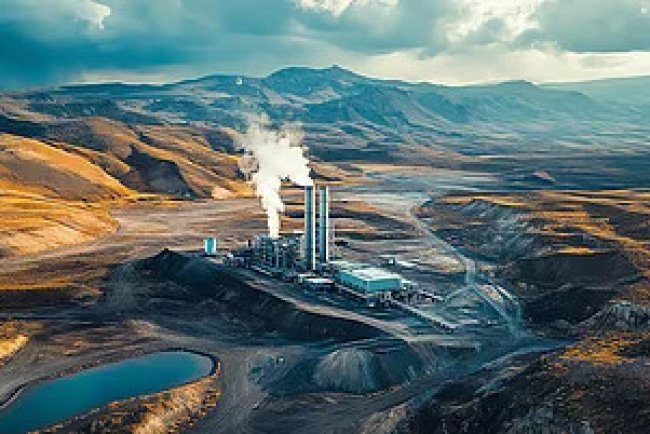Nestlé’s Commitment to Net Zero: A Roadmap to Sustainability
Nestlé is advancing towards a net-zero future with a clear roadmap to reduce emissions and waste across its operations. This includes efforts in sustainable sourcing, energy efficiency, and waste reduction, aiming for net-zero emissions by 2050. Discover how Nestlé is contributing to climate action and sustainability.

Nestlé’s Commitment to Net Zero: A Roadmap to Sustainability
Nestlé, one of the world’s largest food and beverage companies, is taking significant steps toward achieving net-zero emissions. As part of its ambitious sustainability goals, the company is striving to reduce its carbon footprint across its operations, supply chains, and product lifecycle. With climate change being an urgent global issue, Nestlé is committed to reducing greenhouse gas emissions and mitigating environmental impacts through various strategies, initiatives, and innovations. This move comes in response to the growing demand for corporations to play an active role in addressing climate change and creating a more sustainable future.
Nestlé’s journey to net-zero emissions involves addressing both direct and indirect sources of emissions. The company’s approach includes improving energy efficiency, investing in renewable energy, reducing waste, and sourcing ingredients responsibly. A key component of Nestlé’s plan is to achieve net-zero emissions by 2050, in line with the Paris Agreement's goals of limiting global warming to 1.5°C above pre-industrial levels. To accelerate this goal, the company has focused on reducing the environmental footprint of its products, from sourcing raw materials to manufacturing and distribution.
The company has made significant progress in its efforts to decarbonize its supply chain. Nestlé has already reduced emissions from its operations, but the challenge remains in tackling emissions from suppliers and product use. To address this, Nestlé is collaborating with farmers, suppliers, and stakeholders to improve sustainable farming practices, reduce deforestation, and promote circularity in packaging. Additionally, the company is investing in technologies that can reduce emissions, such as electric vehicles for transportation and more sustainable packaging materials.
A critical aspect of Nestlé’s sustainability strategy is its focus on waste reduction and resource efficiency. The company has set clear targets to achieve zero waste to landfill in its operations and to make its packaging recyclable or reusable by 2025. These efforts are part of the broader goal to reduce plastic waste and promote a circular economy. Nestlé is also working on enhancing its water stewardship initiatives, aiming to reduce water usage in its manufacturing processes and protect local water resources in the communities where it operates.
Furthermore, Nestlé’s commitment to net-zero goes beyond environmental efforts. The company is also working towards making its products healthier, with an emphasis on reducing sugar, salt, and fat content. This is aligned with Nestlé’s vision to contribute to better health outcomes while making a positive impact on the environment. The company’s comprehensive approach to sustainability involves working across multiple sectors, including agriculture, packaging, and energy, to ensure that every aspect of its operations is aligned with its climate goals.
While Nestlé’s progress is noteworthy, the path to achieving net-zero emissions is complex and requires continuous improvement. As the company moves forward, it faces challenges such as scaling up sustainable practices across its global supply chains and navigating the evolving regulatory landscape. However, Nestlé’s commitment to net-zero is a step in the right direction, setting a clear example for other corporations in the food and beverage industry and beyond.
In conclusion, Nestlé’s roadmap to sustainability reflects a serious commitment to addressing climate change and building a more sustainable future. Through its ambitious targets and multi-faceted approach, the company is working to reduce its environmental impact, promote circularity, and enhance the sustainability of its products and operations. By focusing on reducing emissions, waste, and resource consumption, Nestlé aims to not only meet its net-zero goals but also contribute to a broader shift toward global sustainability.
What's Your Reaction?

















